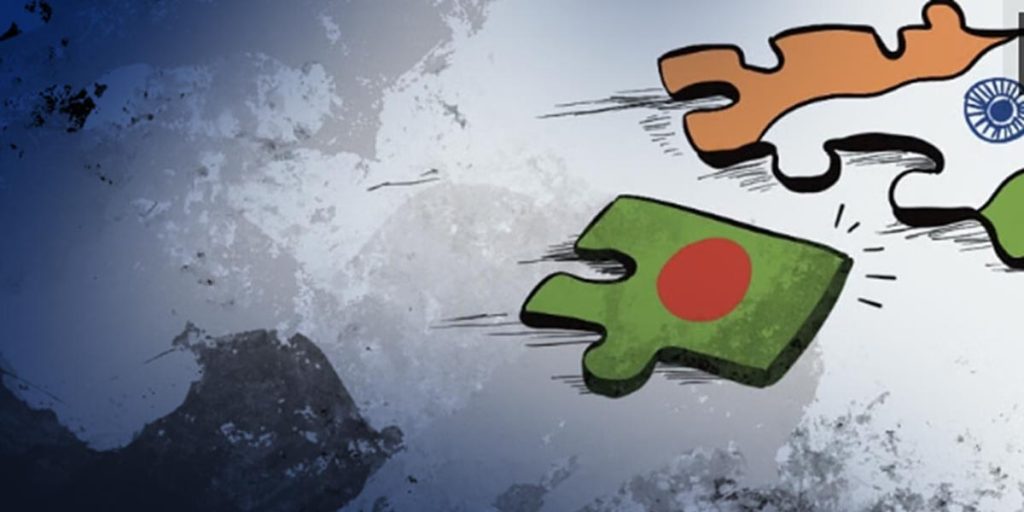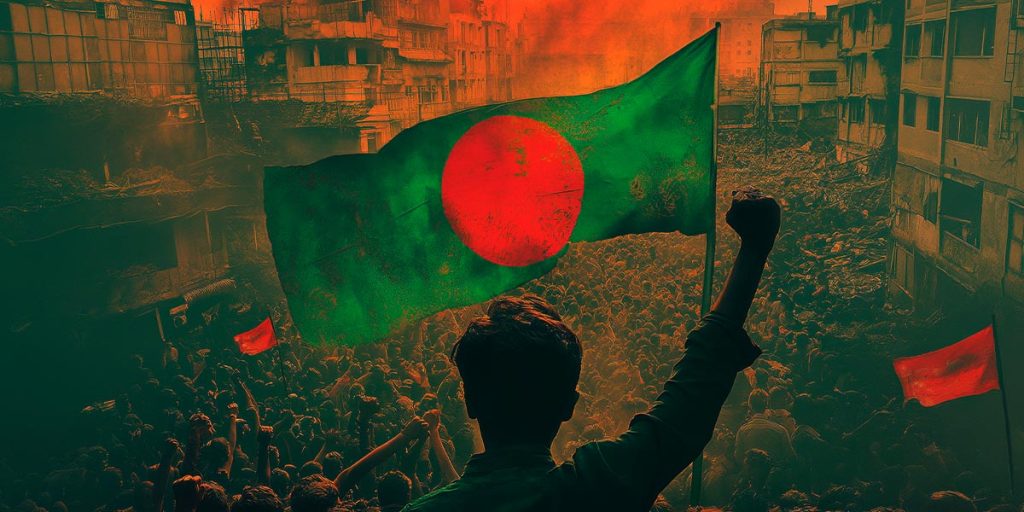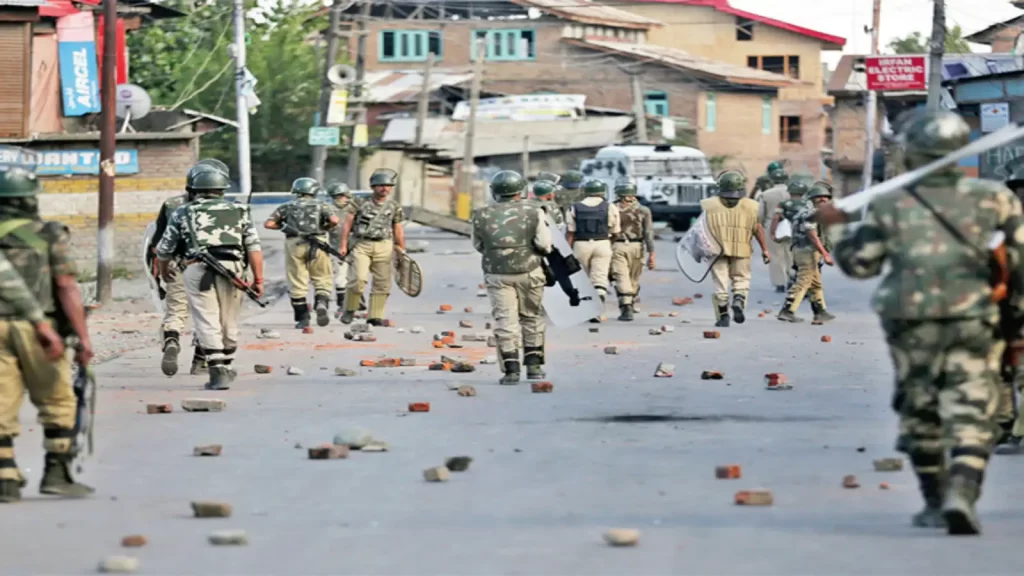Introduction
Bangladesh, a country known for its rich cultural heritage and resilient spirit, has been grappling with a deeply troubling issue in recent years: the alarming rise in rape cases. This heinous crime has not only shattered countless lives but has also sparked nationwide outrage, leading to protests, movements, and calls for systemic change. The recent surge in rape incidents has brought to light the urgent need for addressing gender-based violence, reforming the legal system, and fostering a cultural shift towards gender equality. This blog delves into the recent rape crisis in Bangladesh, explores its root causes, and highlights the ongoing movements aimed at combating this pervasive issue.
The Recent Rape Crisis: A Disturbing Trend
Over the past few years, Bangladesh has witnessed a sharp increase in reported rape cases. According to human rights organizations and media reports, thousands of women and girls have fallen victim to sexual violence, with many cases involving extreme brutality. The victims range from young children to elderly women, indicating that no age group is spared from this menace. High-profile cases, such as the gang rape of a woman in Sylhet and the sexual assault of a mother in front of her child, have sparked nationwide protests and drawn international attention.
The situation has been exacerbated by the COVID-19 pandemic, which has seen a rise in domestic violence and sexual abuse due to lockdowns, economic stress, and reduced access to support services. The pandemic has also highlighted the vulnerabilities faced by women and girls in a patriarchal society, where gender-based violence is often normalized or overlooked.
Root Causes of the Rape Crisis
The rape crisis in Bangladesh is not an isolated phenomenon but rather a symptom of deeper societal and systemic issues. Several factors contribute to the prevalence of sexual violence in the country:
- Patriarchal Norms and Gender Inequality: Bangladesh, like many other South Asian countries, is deeply rooted in patriarchal traditions that perpetuate gender inequality. Women and girls are often viewed as inferior to men, leading to a culture of misogyny and entitlement. This mindset fosters an environment where sexual violence is trivialized, and victims are blamed for the crimes committed against them.
- Weak Legal Framework and Impunity: Despite the existence of laws against sexual violence, the legal system in Bangladesh is often criticized for its inefficiency and lack of enforcement. Perpetrators of rape frequently escape justice due to loopholes in the law, corruption, and societal pressure. The slow pace of trials and low conviction rates further discourage victims from seeking justice.
- Lack of Awareness and Education: Many people in Bangladesh, particularly in rural areas, lack awareness about gender rights and the importance of consent. Traditional beliefs and cultural practices often perpetuate harmful stereotypes, making it difficult to challenge the status quo. Education systems also fail to adequately address issues of gender equality and sexual violence.
- Economic Disparities and Vulnerability: Poverty and economic disparities play a significant role in exacerbating the rape crisis. Women and girls from low-income families are particularly vulnerable to sexual exploitation and abuse. The lack of economic opportunities and social support systems further marginalizes these groups, making them easy targets for perpetrators.
- Normalization of Violence: In some cases, sexual violence is normalized or even justified within certain communities. This normalization is often reinforced by media portrayals, cultural practices, and societal attitudes that downplay the severity of rape and its impact on victims.
Consequences of the Rape Crisis
The rape crisis in Bangladesh has far-reaching consequences that extend beyond the immediate trauma experienced by victims. Some of the key impacts include:
- Psychological Trauma: Survivors of rape often suffer from severe psychological trauma, including post-traumatic stress disorder (PTSD), depression, and anxiety. The stigma associated with sexual violence can lead to social isolation and further exacerbate mental health issues.
- Social Stigma and Ostracization: In many cases, rape survivors are stigmatized and ostracized by their communities. They may be blamed for the crime, labeled as “impure,” or forced into silence. This stigma can prevent survivors from seeking help or reporting the crime, perpetuating a cycle of violence.
- Impact on Families and Communities: The ripple effects of sexual violence extend to families and communities, who may also experience emotional and economic hardships. Families of survivors may face social ostracization, while communities may struggle with the breakdown of trust and social cohesion.
- Economic Consequences: Survivors of rape often face economic challenges, particularly if they are unable to work or access education due to their trauma. The financial burden of medical treatment and legal proceedings can further exacerbate their difficulties.
- Erosion of Trust in Institutions: The failure of the legal system and law enforcement agencies to address the rape crisis has led to a erosion of trust in institutions. Many citizens feel that the state has failed to protect its most vulnerable populations, leading to widespread disillusionment and anger.
Ongoing Movements and Efforts for Change
In response to the rape crisis, various movements and initiatives have emerged in Bangladesh, driven by activists, civil society organizations, and ordinary citizens. These efforts aim to raise awareness, demand justice, and push for systemic reforms. Some of the key movements and initiatives include:
- Protests and Demonstrations: The recent surge in rape cases has sparked nationwide protests, with thousands of people taking to the streets to demand justice for survivors and stricter punishment for perpetrators. These protests have been organized by women’s rights groups, student organizations, and civil society activists, and have garnered significant media attention.
- Social Media Campaigns: Social media has played a crucial role in amplifying the voices of survivors and activists. Hashtags such as #StopRape and #JusticeForSurvivors have trended on platforms like Twitter and Facebook, drawing attention to the issue and mobilizing support for the cause. Online petitions and campaigns have also been launched to pressure the government into taking action.
- Legal Reforms: Activists and legal experts have been advocating for reforms to the legal system to ensure that perpetrators of sexual violence are held accountable. Key demands include faster trials, stricter penalties for rape, and the elimination of loopholes that allow perpetrators to escape justice. There have also been calls for the establishment of specialized courts to handle cases of sexual violence.
- Awareness and Education Programs: Various organizations are working to raise awareness about gender rights, consent, and the importance of combating sexual violence. These programs target both urban and rural populations and aim to challenge harmful cultural norms and stereotypes. Educational institutions are also being encouraged to incorporate gender equality and sexual violence prevention into their curricula.
- Support Services for Survivors: Several NGOs and civil society organizations are providing support services to survivors of sexual violence, including counseling, legal aid, and medical care. These services are crucial in helping survivors recover from their trauma and navigate the legal system.
- Engagement with Religious and Community Leaders: Efforts are being made to engage religious and community leaders in the fight against sexual violence. By addressing the issue from a religious and cultural perspective, these leaders can play a key role in changing societal attitudes and reducing the stigma associated with rape.
Conclusion
The recent rape crisis in Bangladesh is a stark reminder of the urgent need to address gender-based violence and inequality. While the situation is deeply troubling, the ongoing movements and efforts for change offer a glimmer of hope. By raising awareness, demanding justice, and pushing for systemic reforms, activists and citizens are working towards a future where women and girls can live free from the fear of sexual violence. However, achieving this goal will require sustained efforts, collaboration, and a commitment to challenging the deep-rooted patriarchal norms that perpetuate violence. Only then can Bangladesh move towards a more just and equitable society for all.




